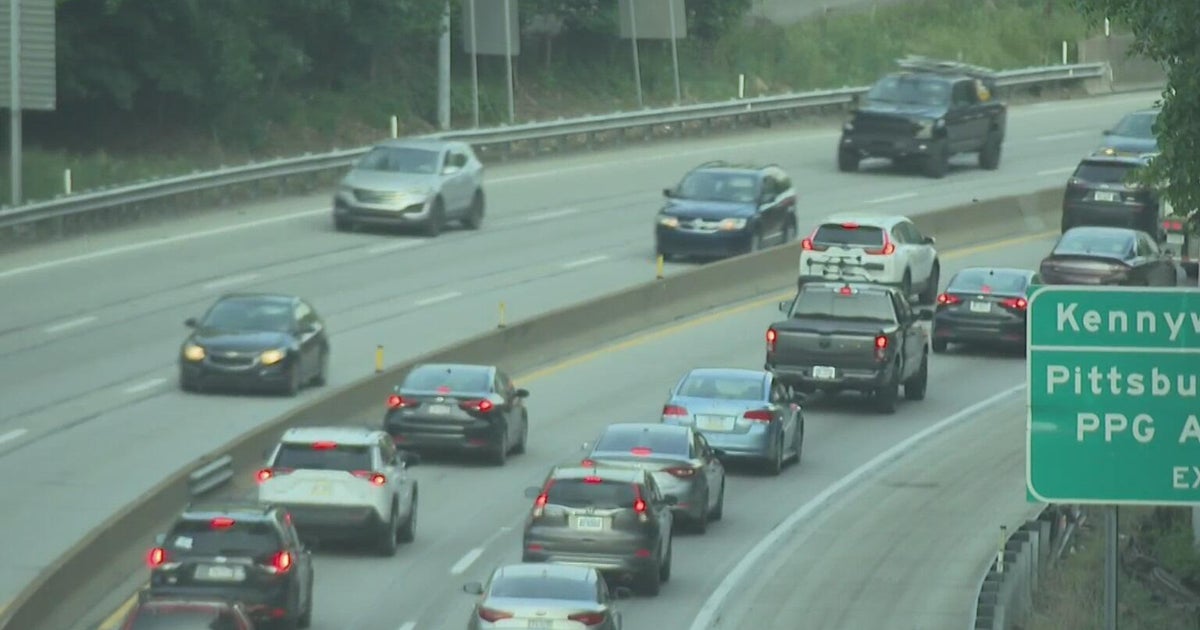Carmakers are collecting data and cashing in – and most drivers have no clue
Vehicles are increasingly coming connected with Wi-Fi and may know more about you than you think – where you've been, what you're listening to and what kind of coffee you like. All information that privacy advocates are warning may end up in the hands of advertisers or even your insurance company, reports CBS News correspondent Kris Van Cleave.
Under the hood of one car, Ford's former head of tech John Ellis found four computers. Inside the car, he hooked up his smart phone to show the data streaming in real time.
"With enough data, I can discern patterns that seem to be almost non-existent to the human eye," Ellis said.
From the brakes to the windshield wipers, with as many as 100 points that generate data, today's cars pack the power of 20 personal computers and can process up to 25 gigs of data every hour – some of it beamed back.
Now, carmakers are rushing to turn your car's data into a revenue stream, reselling blocks of location information and, one day, information from cars' on-board cameras and sensors could be bought by mapping companies or apps that monitor traffic conditions. Seventy-two percent of car owners said they had no idea was happening.
"We know how tired you are because we have cameras inside of the car looking at the driver to look for eyelid movement," Ellis said. "Some of the cars have an ability to detect alcohol…are you weaving? Are you moving? Are you harsh-braking?"
Good drivers who agree to share their data can also get a better deal. Soon, a car's data may be worth more than the vehicle itself, according to one car data company. Driver data could add up to three-quarters of a trillion dollars industry-wide by 2030.
GM uses that data – with drivers' consent – to put popular brands at their fingertips. GM calls it marketplace, an attempt to cash in on the 46 minutes per day the average American spends in a car.
"Your driving behavior, the person in the car. We do have that data," said Rick Ruskin of GM Marketplace. "You've created this connection with merchants and brands. They know your data. We're bringing that onto the dashboard of the car."
Low on gas? It'll point you to the closest gas station and let you pay from the dash where you can also, order food or make reservations on the go, all based on what's close to the car's current location.
Ruskin said drivers are asked to opt in to the program the very first time they tap the screen on the dashboard.
"You'd accept other terms and conditions. And we'd let you know….that we may be using the location of your car to serve you," Ruskin said.
Privacy advocates point out that it's on us to start thinking about cars for what they've become: data-generating devices.
"So the truth is, that yes, our cars are learning more about us, but what they learn may save our lives," said Lauren Smith of the Future of Privacy Forum.
All of these high-tech bells and whistles can come with another hidden cost – big repair bills after a crash. According to AAA, the average cost of a crash is now $3,000, because of all of the sensors in the front bumper. One study found a "minor hit" to the left front of one car that costs about $50,000 left owners with a repair bill for $34,000.



